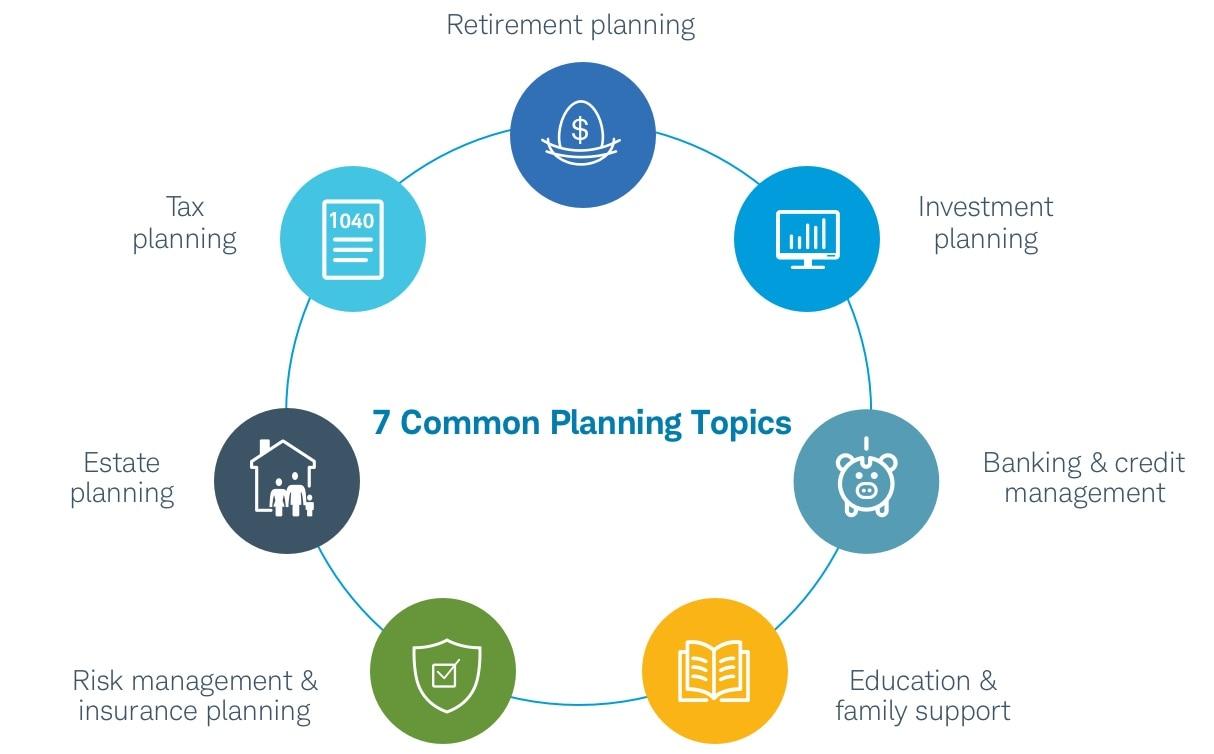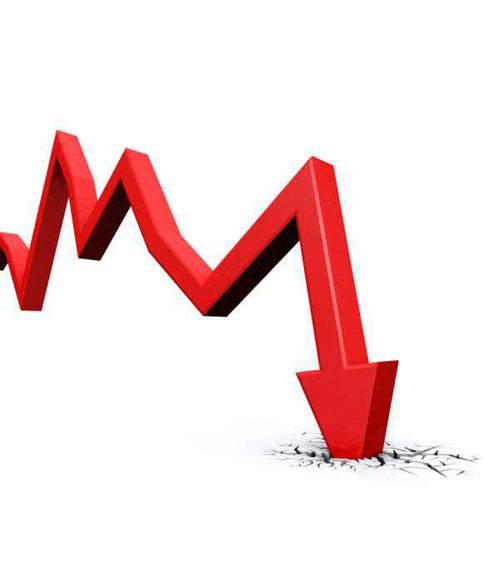Life has a funny way of throwing curveballs, and economic downturns are definitely some of the trickiest pitches to hit. Whether you’re dealing with job loss, dwindling savings, or just a surge in financial stress, it’s easy to feel overwhelmed. But here’s the good news: it’s possible to navigate the rough waters of economic uncertainty without losing sight of your mental well-being. In this article, we’re diving into some mindful tips and strategies to help you stay steady, even when the financial forecast looks stormy. So, take a deep breath, grab a comfy seat, and let’s talk about how to keep your head above water when the economy takes a dive.
Taking Care of Your Mind During Tough Economic Times
During tough economic times, it’s essential to dedicate some attention to your mental health. Financial stress often causes anxiety and impacts overall well-being. Consider implementing these simple strategies to help maintain a healthy mindset:
- Limit news consumption: Constantly following economic news can increase stress. Set specific times to check updates instead of watching or reading continuously.
- Practice mindfulness: Engaging in mindfulness exercises, like meditation or deep-breathing, can help calm your mind and reduce anxiety.
- Stay connected: Social interactions are vital. Meet up with friends or family, even virtually, to share your feelings and receive support.
- Keep a routine: Having a daily routine provides structure and can make an uncertain period feel more controlled and stable.
An active lifestyle can also help keep your mind healthy. Regular physical activity has been shown to mitigate stress and promote positive mental health. Here’s a quick breakdown of activities you might enjoy:
| Activity | Benefits |
|---|---|
| Walking | Improves mood, reduces anxiety |
| Yoga | Enhances relaxation, increases flexibility |
| Dancing | Boosts endorphins, great cardio |
| Gardening | Reduces stress, connects with nature |

Creating a Financial Plan Without Stress
To achieve a relaxed approach to your finances, start by breaking down your goals into manageable steps. Consider the following strategies:
- Set Realistic Goals: Define what you want to achieve in the short, medium, and long term.
- Track Spending: Use apps or a simple spreadsheet to see where your money goes each month.
- Build an Emergency Fund: Aim for three to six months’ worth of living expenses.
Next, focus on simplifying your financial decisions. Here’s how you can make it easier:
- Automate Savings: Set up automatic transfers to your savings account.
- Consolidate Accounts: Keep your finances organized by using fewer bank accounts and investment platforms.
- Seek Professional Advice: If you’re feeling overwhelmed, a financial advisor can help streamline your plan.

Finding Comfortable Ways to Adapt Your Lifestyle
Adapting your lifestyle during tough economic times can be challenging, but it doesn’t have to mean sacrificing comfort. Start by reevaluating your daily routines and looking for simpler, cost-effective alternatives that still bring joy. Cooking at home, for example, can be a fun and healthier alternative to dining out. Experiment with new recipes or have themed dinner nights to make meals exciting. DIY projects are another great way to save while getting creative; making your own decor or upcycling old clothes can be both satisfying and wallet-friendly.
- Home workouts instead of gym memberships
- Exploring local parks for fresh air and exercise
- Hosting virtual hangouts with friends to cut down on travel expenses
Small changes can make a big difference without drastically altering your lifestyle. Consider adjusting your entertainment choices to more budget-friendly options, like borrowing books from the library or streaming free content with ads. Keeping an eye on your energy usage at home can also lower your utility bills; simple steps like unplugging unused electronics and using energy-efficient bulbs go a long way. By focusing on these areas, you can maintain a comfortable lifestyle while being mindful of your spending.
| Comfortable Change | Budget Benefit |
|---|---|
| Home workouts | Save on gym fees |
| DIY Projects | Low-cost creativity |
| Energy Efficiency | Lower utility bills |

Building a Support Network for Mental Peace
Surrounding yourself with a support network is a must during tough economic times. Connections with friends, family, or even support groups can offer a sanctuary of understanding and empathy. Regular check-ins with your loved ones will help you share your thoughts and feelings. Join online forums or local meetups that focus on common interests or economic challenges. Many people in these groups have similar experiences and can offer advice or a listening ear.
<p>Consider cultivating relationships in a variety of ways to enrich your support system:
<ul>
<li>Virtual coffee chats: Sometimes, a casual online hangout can work wonders.</li>
<li>Wellness groups: Yoga, meditation, or any fitness class can also serve as a support network.</li>
<li>Skill-sharing sessions: Teach each other new skills or hobbies to stay engaged and positive.</li>
</ul>
</p>
Q&A
###
Q: What are some initial steps I can take to maintain my mental wellness during an economic downturn?
A: Great question! During tough economic times, it’s easy to feel overwhelmed, but taking small, mindful steps can make a big difference. Start by acknowledging your feelings—it’s okay to feel anxious or stressed. Next, establish a routine that incorporates self-care activities like exercise, meditation, or even hobbies you enjoy. Keeping a consistent schedule can create a sense of normalcy and stability.
Q: How can I manage financial stress without it affecting my mental health?
A: Financial stress is a biggie during economic downturns, but there are ways to manage it. Begin by creating a realistic budget that prioritizes essential expenses. This can give you a clearer picture of where you stand financially. Also, try to set aside some time to discuss financial concerns with family members or financial advisors. Breaking down financial challenges into smaller, manageable tasks can make them feel less daunting.
Q: Are there specific mindfulness techniques that can help during economically challenging times?
A: Absolutely! Mindfulness techniques like deep breathing, progressive muscle relaxation, and guided imagery can be incredibly helpful. Spending just a few minutes each day practicing these can reduce anxiety and help you stay grounded. Apps like Headspace or Calm offer guided sessions that are great for beginners.
Q: How important is staying connected with others during an economic downturn?
A: Staying connected is crucial. Social support can provide emotional relief and practical advice. Make an effort to maintain regular communication with friends and family, whether through in-person visits, phone calls, or video chats. Online communities and support groups can also provide a sense of belonging and emotional support.
Q: What should I do if I feel overwhelmed despite trying these tips?
A: If you find that these strategies aren’t enough, it may be time to seek professional help. Therapists and counselors are trained to help you navigate these feelings and can provide additional coping strategies. Remember, asking for help is a sign of strength, not weakness.
Q: How can I help others who may be struggling during an economic downturn?
A: Helping others can also boost your own sense of well-being. Offer a listening ear or share resources that might be helpful. Encouraging them to engage in physical activities or join virtual support groups can also be beneficial. Acts of kindness, no matter how small, can make a significant difference.
Q: Are there any specific resources or organizations that can assist during economic downturns?
A: Indeed. Many organizations offer support during tough times, from financial counseling services to mental health hotlines. Websites like MentalHealth.gov and the National Alliance on Mental Illness (NAMI) provide valuable resources and can connect you with local services. Don’t hesitate to reach out to these organizations for help.
Q: How can I remain optimistic during uncertain economic times?
A: Optimism can be tough to maintain, but try focusing on what you can control and celebrate small victories. Practice gratitude by jotting down things you’re thankful for each day. Setting achievable, short-term goals can also help you feel more accomplished and less overwhelmed.
Navigating an economic downturn is challenging, but by staying mindful and proactive about your mental wellness, you can weather the storm more effectively. Remember, it’s okay to take things one step at a time.
Final Thoughts
And there you have it—some mindful tips to help maintain mental wellness during economic downturns. Remember, it’s completely okay to feel overwhelmed during these times; what matters is how you manage those feelings. Whether it’s staying connected with loved ones, practicing mindfulness, or seeking professional help, small steps can make a big difference. Let’s face it, navigating the ups and downs of the economy isn’t easy, but taking care of your mental well-being can help you weather the storm a bit better. Thanks for reading, and take care of yourself out there!


